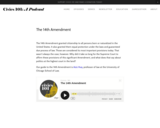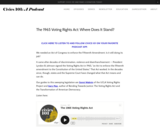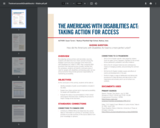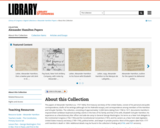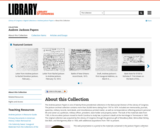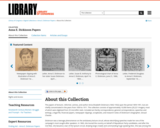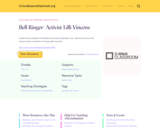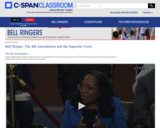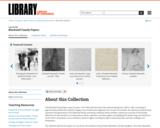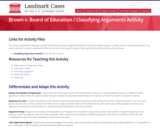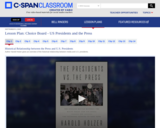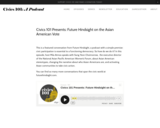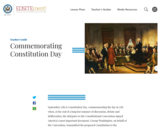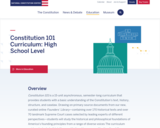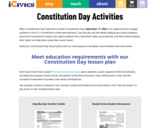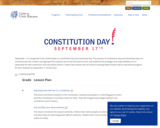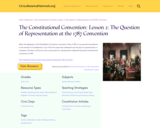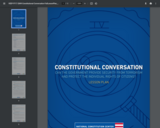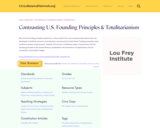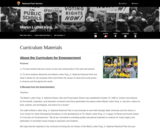The papers of lecturer, reformer, actress, and author Anna Elizabeth Dickinson (1842-1932) span the period 1859-1951, but are chiefly concentrated in the years from 1859 to 1911. The collection consists of approximately 10,000 items (20,221 images), most of which were digitized from 25 microfilm reels. Included are family correspondence, general correspondence, speeches and writings, a legal file, financial papers, newspaper clippings, scrapbooks, and research notes of Dickinson's biographer, Giraud Chester.
Dickinson was a teenage phenomenon on the antislavery lecture circuit, whose electrifying speeches made her one of the campaign’s most sought-after speakers. In 1863, she toured the country on behalf of Republican Party candidates, and after the Civil War, she became a star of the lyceum circuit, drawing large crowds and commanding huge speaking fees. She was among the celebrities who were aboard the first transcontinental railroad trip to California and also grabbed headlines when she climbed Pike’s Peak and other summits. Her familiarity with the stage later led to a less successful career as an actress and playwright.
Dickinson had a particularly close relationship with Susan B. Anthony and shared the latter's interest in women's rights and temperance. She also advocated for the rights of African Americans and corresponded with escaped slave and abolitionist orator Frederick Douglass as well as with other notable figures of her time. Although Dickinson did not retain copies of most of her correspondence, she obtained many of the letters she wrote while on national lecture tours to Mary Dickinson, her mother, and Susan Dickinson, her journalist sister. This correspondence described her travel itineraries, her impressions, and her joys and misgivings. They show the reactions of a person whose plays and performances, including A Crown of Thorns and The Test of Honor, were not well received.
By 1900, Dickinson was estranged from her sister Susan, formerly her closest friend and housemate, and she had outlived most of her associates. As recorded in the legal file and in her scrapbooks, she initiated several lawsuits between 1895 and 1901 as a result of her confinement at the State Hospital for the Insane in Danville, Pennsylvania. Other topics include the elections of 1872 and 1888, the Republican Party, the Civil War and Reconstruction, and education.
